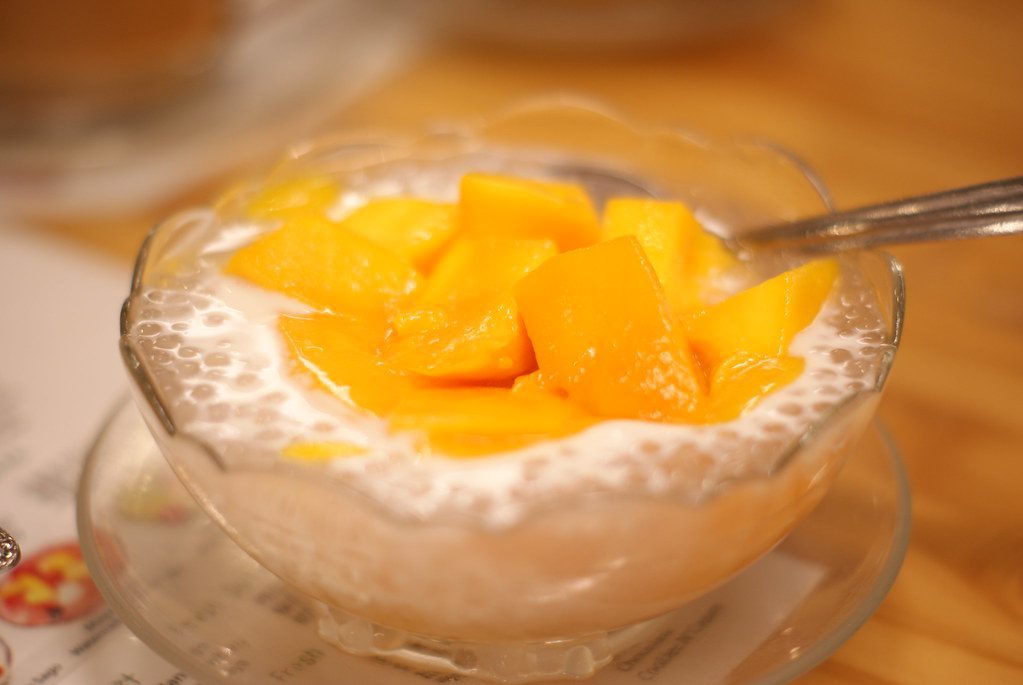
Firstly, introducing Auscrops, a high-tech market vending company bridging farmers and customers together through market vendors. Click here to find out more about Mango Sago Recipe as well fruit and vegetable offers.
Mango Sago Recipe
Every culinary tradition boasts a dessert that encapsulates its essence, and for many Asian cuisines, mango sago fits the bill. A delightful blend of textures and flavors, it’s a treat that invites you back for more. Let’s dive into the process of crafting this timeless dessert.
Picking Your Ingredients
To embark on this culinary adventure, you’ll need:
- Two ripe, juicy fruits.
- Half a cup of sago pearls.
- One cup of coconut milk.
- Half a cup of condensed milk.
- A splash of vanilla extract (optional).
- Ice cubes or crushed ice.
Quality components ensure an authentic taste, so opt for the freshest available.
Simple Steps to Perfection
1. Cooking the Sago: Start by boiling the sago pearls in water until they turn translucent. Once cooked, run them under cold water and set aside. This prevents them from sticking together.
2. The Fruit Puree: Take one of your chosen fruits and blend it to a smooth puree. Furthermore, this will be the base for our dessert’s vibrant flavor.
3. Combining the Elements: In a mixing bowl, pour in coconut milk, condensed milk, and the fruit puree. Mix well. Additionally, the splash of vanilla extract can enhance the overall taste. Add the sago pearls to this mixture and stir gently.
4. Serving with Flair: Take serving glasses or bowls and fill them halfway with the mixture. Add ice cubes or crushed ice and then top off with more of the mixture. As a final touch, garnish with slices of the remaining fruit.
Customizing Your Dessert
The flexibility of this dish allows for creativity. If you prefer a less sweet option, adjust the condensed milk amount. Additionally, other tropical fruits can be blended into the mix, offering a diverse flavor profile.
A Glimpse into Its Origin
In essence, mango sago isn’t just a dish; it’s a story of cultural fusion. With roots in various Asian countries, it’s beloved from Hong Kong to the Philippines. The sago pearls, reminiscent of tapioca, provide a unique texture that complements the fruit’s creaminess.
Final Thoughts
Creating this dessert at home is easier than it appears. Furthermore, Its layers of flavors and textures culminate in a delightful culinary experience. Moreover, sharing it with friends or family amplifies the joy.
In conclusion, mango sago stands as a testament to the beauty of combining simple ingredients. Nonetheless, Embrace the journey of crafting this treat, and let every spoonful transport you to tropical shores.
Lastly, Click here to read similar articles.
 Français
Français 












Comments are closed.